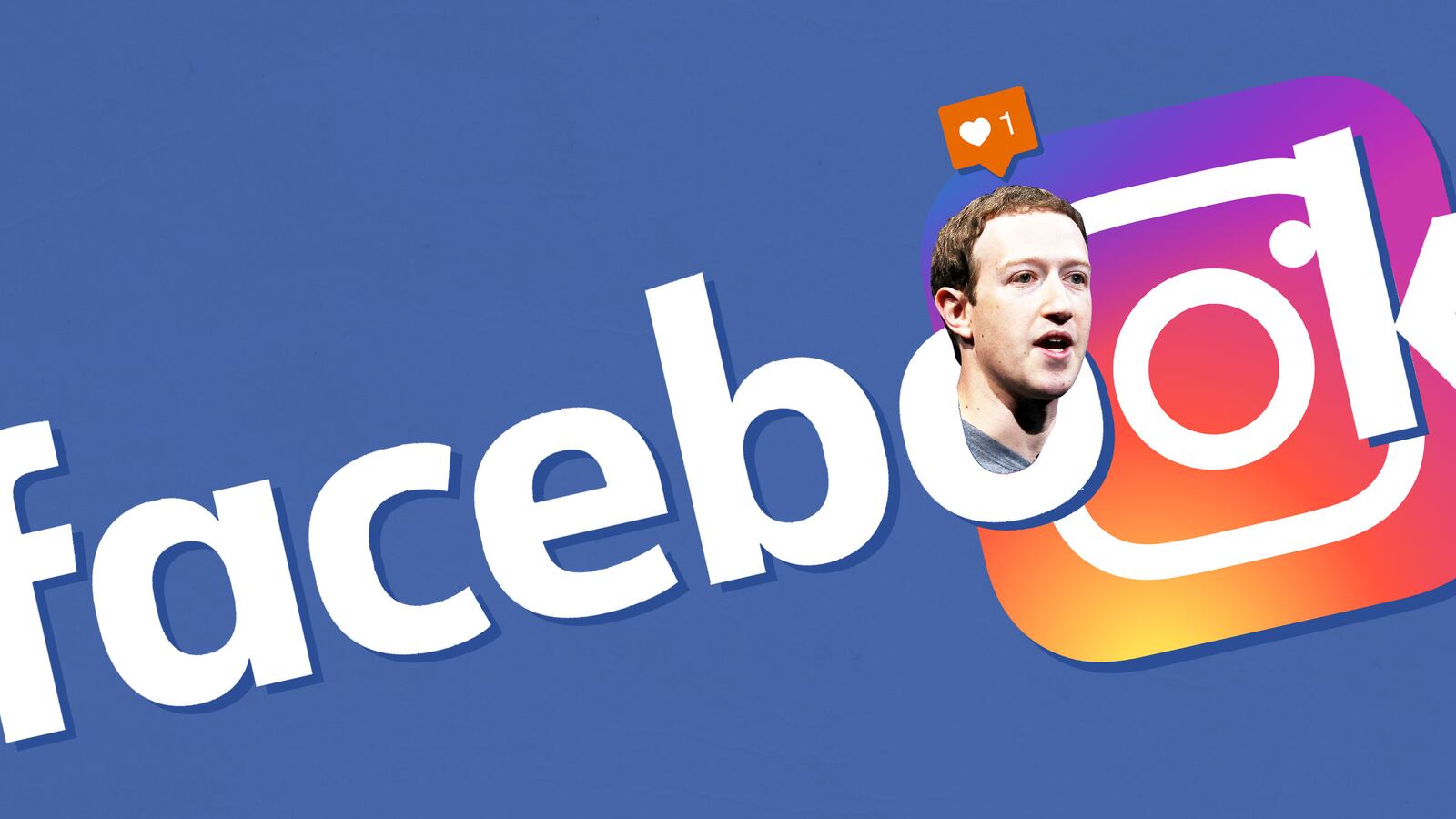There they were, on Twitter, no less: as far as Mark Zuckerberg is concerned, the two scariest words in the English language: “What’s Facebook?”
The ignoramus? A richly ironic Elon Musk. Asked online to delete SpaceX’s Facebook page “if you’re the man,” Musk casually twisted the knife: “I didn’t realize there was one. Will do.” It’s already gone. Tesla’s too.
In an age of media malaise, and tech vilification, bad press is a manageable inconvenience. But for Facebook, the great threat to its business model isn’t being the bad guy. It’s being boring.
Doubtless, Zuckerberg has his hands full parrying accusations that he and his fellow social media moguls are indeed the bad guys. From the Cambridge Analytica affair to high-profile criticism by former Facebook intimates now condemning the platform as an addiction machine, the house that Zuck built looks more manipulative and exploitative than ever.
Naturally, his response to his critics boils down to the classic, deceptively naïve question that justifies social media: Can’t we be friends? Rather than acting like the now-typical digital denizen, gleefully and aggressively doubling down, Zuckerberg clings to the crumbling social media ideal of the compliant striver. “I started this when I was so young and inexperienced,” he confessed on CNN. Older and wiser, he welcomes government regulation of Facebook—and, implicitly, the rest of social media. He’s not the bad guy. Bad users are.
Now, Facebook could take swift and easy action right now to cut down on the velocity and reach of “bad content” from those bad users. Say, a little tweak to the algorithms that help content go viral. By putting a circuit breaker on content going too viral too fast—think of the way we shut down the stock market when it’s crashing—Zuck could show Facebook can be trusted to start cleaning house on its own.
But alone, actions like that keep responsibility where Zuckerberg doesn’t want it: on him. By embracing regulation, making Washington the good guy, Zuck can stay in his lane, making bank by connecting everyone nice in the world. Top corporations are apt to favor new regulations to lock in their dominant position—especially an industry as littered with corpses as social media. Despite its move-fast-and-break-shit past, the Facebook of today wants what it thinks all nice and good people should want: harmony, stability, and universality.
That fix seems to promise an extremely boring online future—while in the real world Musk’s latest rocket returns from Mars. Yet, unless you’re a Pepe, or Pepe-adjacent, you probably think giving up on universal friendship online means surrendering the internet to the losers, haters, bigots, and trolls.
It’s a scary dilemma. For Facebook—or any site—to work, people have to engage with content. Not just any content, and certainly not bad stuff. Good, happy, harmonious content, and lots of it. What’s more, that rather bland and predictable fare must somehow punch through the brick walls of indifference that are rising all over the internet. Today, not even career celebrities with well-paid PR firms can catch our attention for more than a minute. The baby picture and the job update from our half-forgotten high school friends hardly stand a chance.
But what if we have a duty to consume such boring content to keep the bad guys from ruling the internet?
The question gets to the heart of Facebook’s real problem—and its hope for salvation in federal regulation. Online, as Excellent Sheep author William Deresiewicz wrote eight years ago, the universal friendship we idealistically banked on to make globalization good has been disenchanted by experience. Reading “a steady stream of trivia and ephemera” from his Facebook friends leaves him “both empty and unpleasantly full.”
That bloated-yet-hollow feeling is the very definition of boredom. We don’t keep scrolling through social media because we’re addicted. We do it out of a desperate hope that somewhere in the dross is something worth our time.
Could it be that Facebook’s business model is actually threatened by the medium of digital communication itself? That would explain why federal regulation would really prove so attractive to Zuckerberg. Ultimately, his plea is that not just Facebook employees but all humans are too imperfect to be trusted to keep the internet flush with good users consuming good content. Ultimately, only official bots can do that job, maybe.
In this way, Facebook might soon become a 21st-century BBC. But outside its walled gardens, the wilds of online won't be so easily tamed.
Not in a free society anyway.






